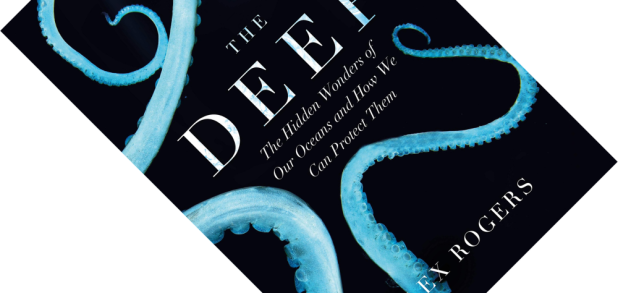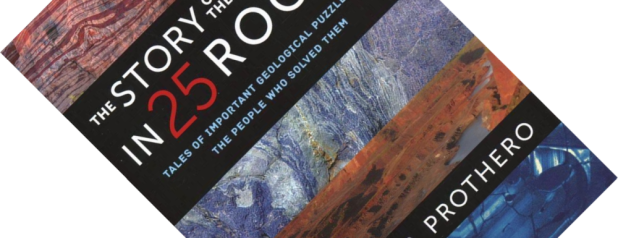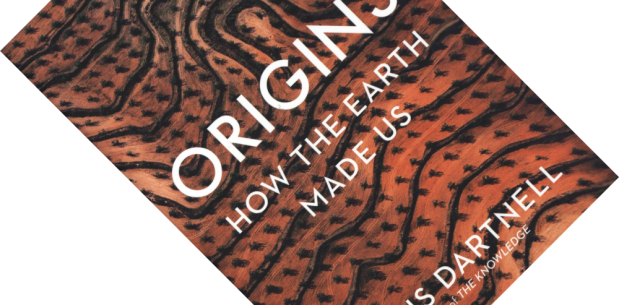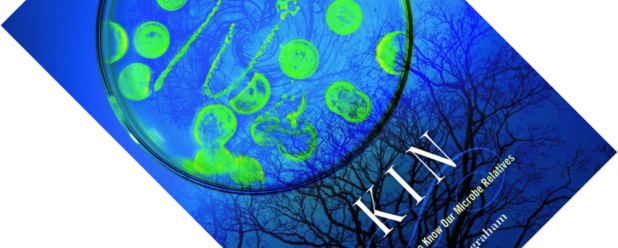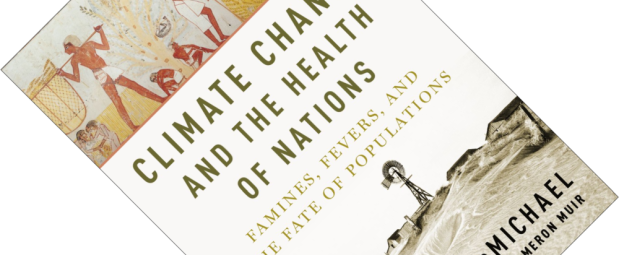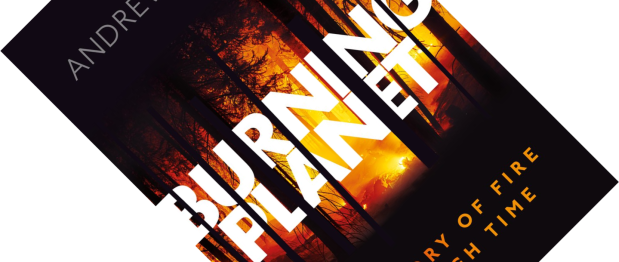6-minute read
In Algae We Trust. That might just as well have been the subtitle of this book. In Slime (published in the UK as Bloom, but I read the US version), author Ruth Kassinger writes of the many fundamental, often eye-opening roles that algae play in our ecosystems. But she also travels around the world to talk to farmers, scientists, and inventors. From food to plastics to fuel, entrepreneurs are discovering that these little green powerhouses hold immense biotechnological potential.


